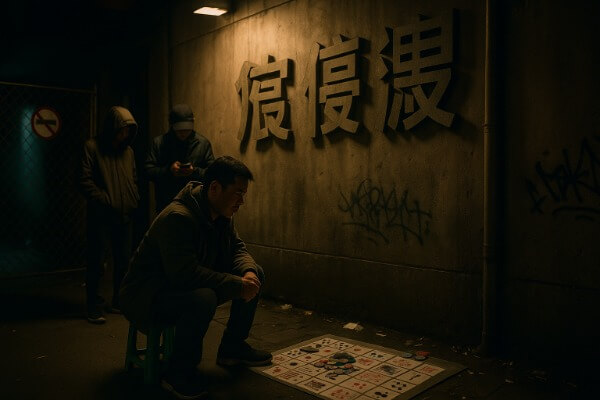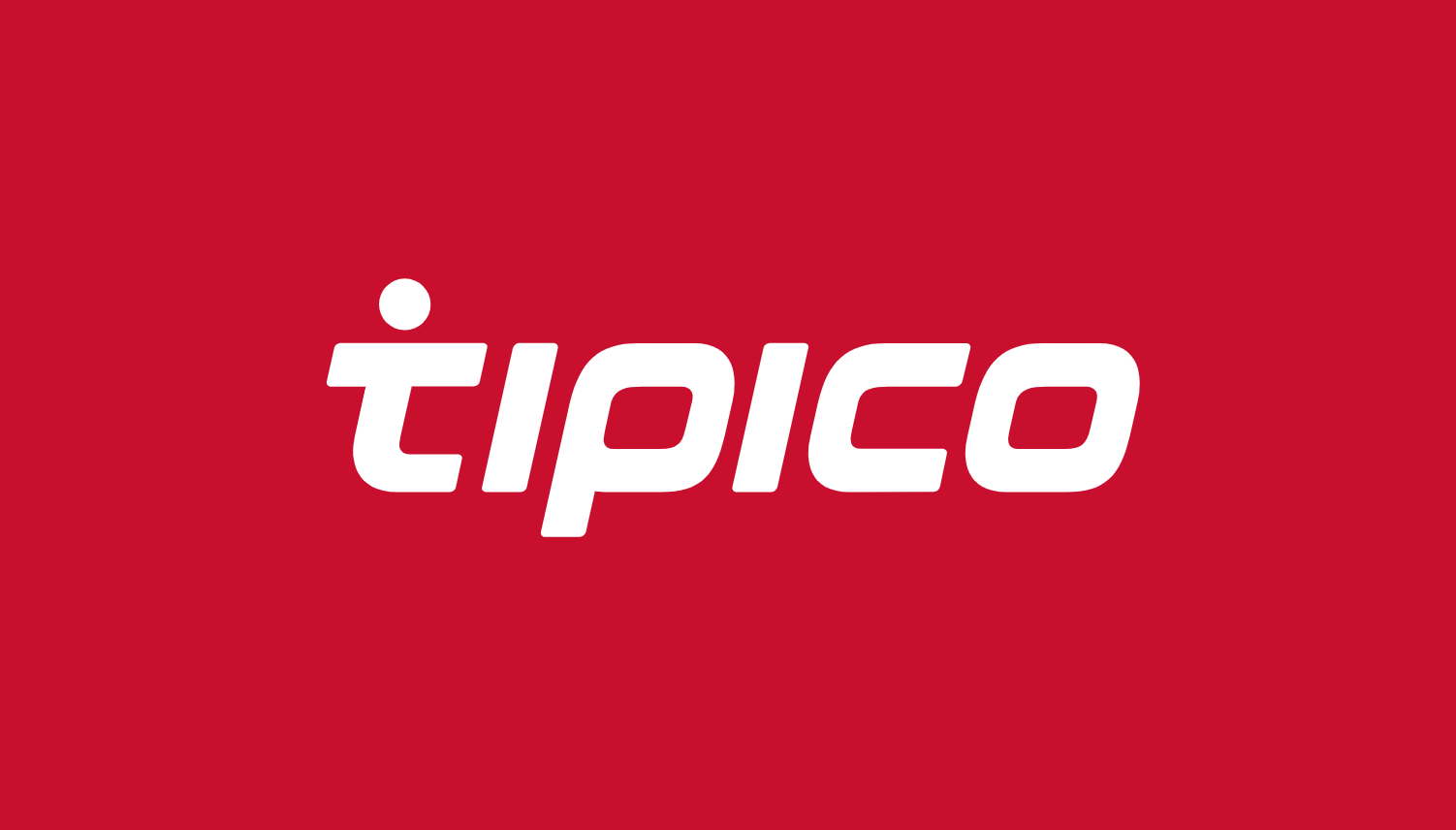The Democratic Party of Korea has renewed its efforts to tackle controversial in-game monetisation practices, reintroducing a bill that targets randomised reward systems widely used in online games.
Party floor leader Kim Byung-kee has submitted a proposed amendment to the Game Industry Promotion Act, which specifically seeks to outlaw “complete gacha” systems. These mechanics require players to collect an entire set of randomised items before receiving a rare prize.
Expanded Oversight for Regulators
If passed, the bill would give the Minister of Culture, Sports and Tourism authority to investigate whether game companies are accurately disclosing the probability rates of item drops. This gives regulators the power to step in when suspicions arise over manipulated or misleading figures.
The amendment also proposes mandatory transparency around refund and exchange policies. Developers must publish clear terms explaining how users can seek compensation for digital items bought with in-game currency. In addition, the bill introduces a compensation framework for players affected by the shutdown of live-service games.
Addressing Exploitative Practices
Rep. Kim has argued that the current law does not adequately protect consumers from exploitative mechanics. He said developers face little accountability when altering drop rates or deploying systems like complete gacha that pressure players into repetitive spending. “The lack of sanctions under existing legislation fosters an environment that may encourage gambling behaviours,” Kim noted.
The proposal follows debates in South Korea about how much the government should intervene in the business models of major gaming companies. While gacha mechanics remain highly lucrative, public pressure around consumer protection has intensified in recent years due to growing frustration over the lack of transparency.
Past Attempts and Industry Resistance
This is not the first time lawmakers have tried to rein in gacha systems. A similar bill introduced during the 21st National Assembly failed to advance after the Culture, Sports and Tourism Committee questioned the basis for an outright ban. At the time, the Ministry of Culture, Sports and Tourism advised caution, highlighting the importance of transparency and empirical research over restrictions.
Industry leaders have also pushed back against calls for prohibition, warning that over-regulation could harm South Korea’s gaming industry. Instead, many companies have pledged to self-regulate by publishing drop rates voluntarily, though critics argue compliance remains inconsistent.
A Bill With Renewed Momentum
Despite previous setbacks, the political climate might now be more favourable. Rising consumer activism and global conversations about loot boxes and gambling mechanics have added urgency to the debate.
With the Democratic Party placing the issue back on the legislative agenda, developers could soon face tougher requirements. Also, players might finally see stronger protections in one of the world’s most influential gaming markets.

 Companies
Companies 





